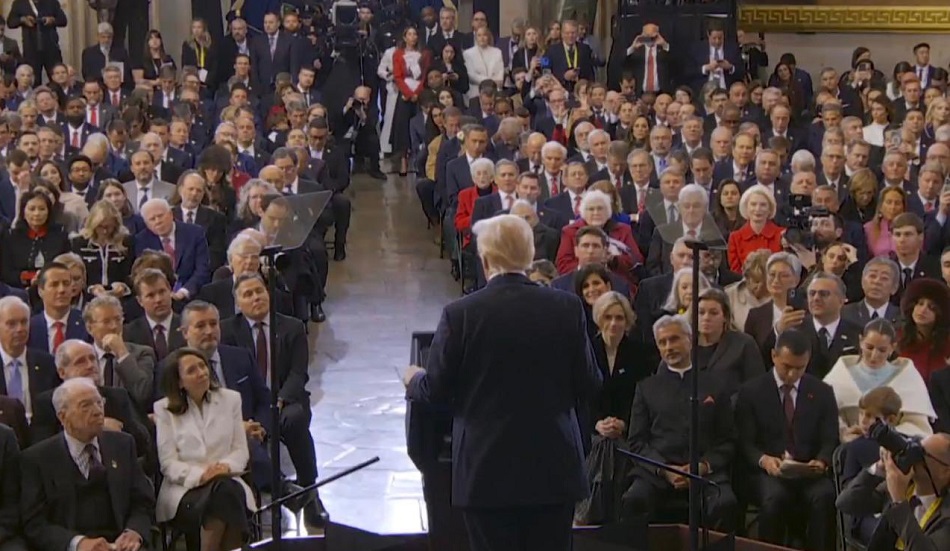
Trump Administration Introduces $1,000 Self-Deportation Incentive
In a striking policy move, the Trump administration has announced a new voluntary self-deportation program that offers undocumented migrants a $1,000 stipend and travel assistance if they choose to leave the United States on their own. The initiative, revealed on May 5, is aimed at reducing the fiscal and logistical strain on federal immigration enforcement agencies.
Trump Self-Deportation Program
The program allows migrants to voluntarily register for departure through a newly launched mobile platform known as the CBP Home app, a rebranded version of the previous CBP One app. Once approved and their exit confirmed, eligible individuals will receive $1,000 in financial assistance. The Department of Homeland Security claims this approach significantly cuts down on deportation costs, which otherwise average over $17,000 per individual for arrest, detention, and forced removal.
Homeland Security Secretary Kristi Noem described the initiative as a safer and more cost-effective alternative to forced deportation. “Self-deportation is the best, safest, and most cost-effective way to leave the United States to avoid arrest,” she stated, emphasizing that participants may potentially preserve their eligibility for legal reentry in the future.
Economic and Legal Implications
The administration argues that the new approach allows law enforcement to focus resources on high-priority targets while offering undocumented migrants a less adversarial path to compliance. Officials report that over 5,000 individuals chose to depart voluntarily in April alone, suggesting early momentum for the scheme.
However, critics have voiced strong concerns. Immigration advocacy groups warn that financially incentivizing departure could coerce vulnerable migrants into abandoning valid legal claims, including those seeking asylum or other humanitarian protections. The lack of guaranteed legal reentry pathways further compounds fears that migrants may unknowingly forfeit long-term options in exchange for short-term financial relief.
Policy Debate Continues
While the administration hails the policy as innovative and pragmatic, legal experts and human rights organizations remain divided. They argue that using monetary incentives to resolve complex immigration issues risks oversimplifying the lived realities of undocumented populations.
With the 2025 election cycle heating up and immigration policy remaining a hot-button issue, the $1,000 self-deportation incentive is poised to fuel intense political and ethical debate in the weeks ahead. Whether it becomes a model for future enforcement or a controversial misstep remains to be seen.


















